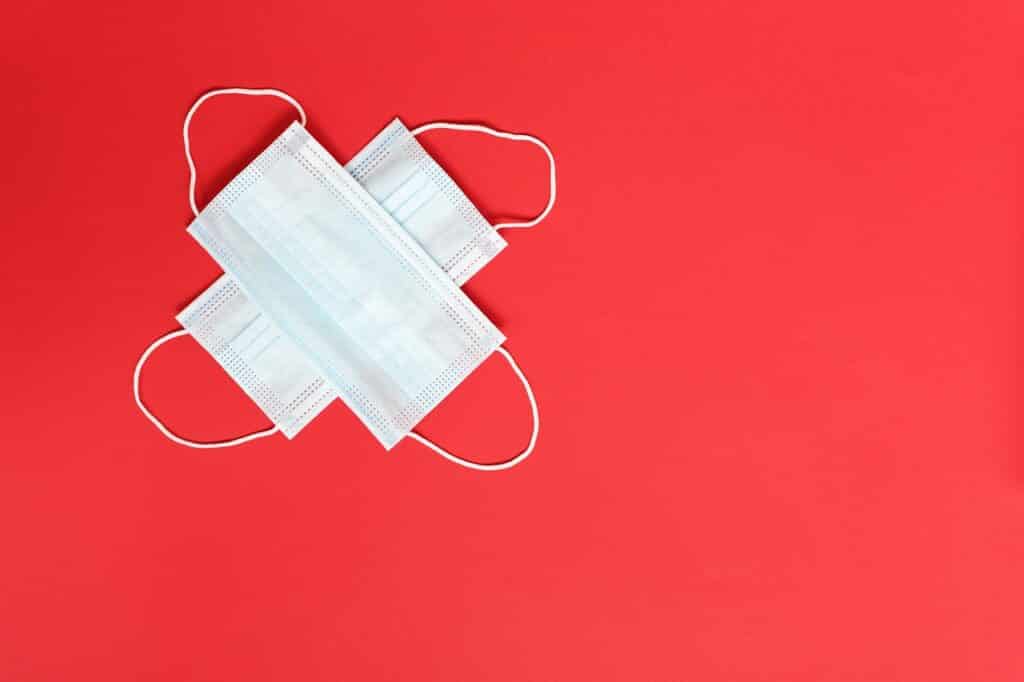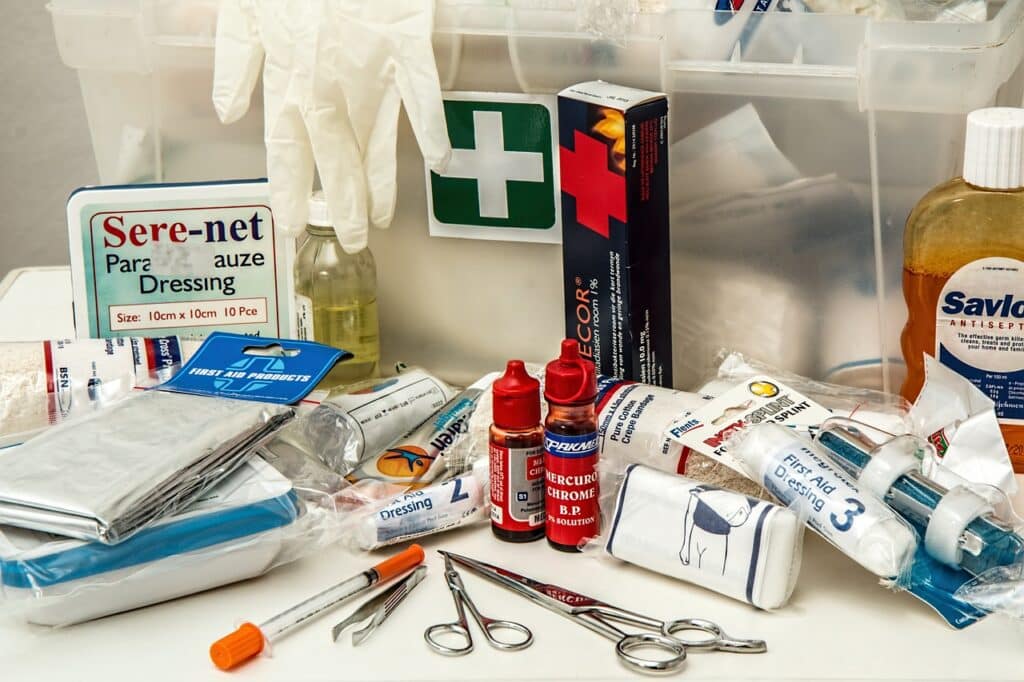AIDS-related deaths have continued to decline over the past year and access to treatment is improving, but the Covid-19 epidemic is likely to undermine that progress in the coming months, warns Monday. UNAIDS in its annual report.
In 2019, 690,000 people worldwide died of AIDS-related illnesses, compared to 770,000 people in 2018. This is between two and three times less than at the peak of the epidemic in 2004 (1.7 million deaths).
Summary
In 2019, 690,000 people worldwide died of AIDS-related illnesses, compared to 770,000 people in 2018. This is between two and three times less than at the peak of the epidemic in 2004 (1.7 million deaths).
Likewise, the proportion of people living with HIV who have access to antiretroviral therapy continues to increase year after year.
Two-thirds of HIV-positive people worldwide (25.4 million out of 38) are now undergoing these treatments, which will prevent them from transmitting the AIDS virus if they are taken correctly. This is the highest proportion ever, and it is about ten times more than in the mid-2000s.
But the Covid-19 epidemic risks provoking a step backwards, fears the UN agency dedicated to the fight against AIDS.
“According to estimates from recent modeling, a total interruption of antiretroviral therapy for six months could lead to more than 500,000 additional deaths from AIDS-related opportunistic diseases (such as tuberculosis) in sub-Saharan Africa in 2020-2021,” according to the UNAIDS, which had already drawn attention to these estimates in May, with the World Health Organization (WHO).
“As the spread of the new coronavirus threatens to overwhelm the capacity of the health system, while confinement reduces travel and puts the economy under strain, people living with HIV and those most at risk of developing it contract suffer the interruption of health services and the fight against HIV “, continues the text.
“This interruption could prevent the global response to HIV from reaching its commitments for 2020,” warns UNAIDS.
This objective is summarized by the formula 90-90-90: that 90% of people living with HIV know their status, that 90% of them are on treatment, and that among these, 90% have an undetectable viral load .In 2019, these proportions were 81%, 82% and 88% respectively, with regional disparities.
Drug shortages
In addition, UNAIDS is alarmed by the potential consequences of confinement and border closings on “the production and distribution of medicines”.

“It is estimated that the final cost of antiretroviral therapy produced in India (where most of the generic drugs are manufactured, ed) could be 10% to 25% higher than their normal price,” the report said.
WHO, for its part, has published a survey that supports these fears: it shows that 73 countries believe that they risk a shortage of antiretroviral stocks because of the Covid-19 pandemic.”The results of this survey are very worrying,” said WHO director-general Tedros Adhanom Ghebreyesus in a statement.
“We cannot let the Covid-19 pandemic destroy the hard-won progress” against AIDS, he said.In 2019, some 1.7 million new AIDS virus infections occurred worldwide, a decrease of 23% since 2010.
“This is largely due to a substantial 38% decrease in eastern and southern Africa, but at the same time, HIV infections have increased by 72% in eastern Europe and Central Asia, 22% in the Middle East and northern Africa and 21% in Latin America, “said the executive director of UNAIDS, the Ugandan Winnie Byanyima.
“We will not reach our targets for 2020, to reduce the number of AIDS-related deaths and the number of new infections to less than 500,000,” she said.
The UNAIDS report is published when the International AIDS Conference, which was organized this year via remote video link, opened on Monday because of the Covid-19 epidemic.
